At LLEARN, our methodology is rooted in a Research-to-action cycle that places displaced communities, local actors, and secondary cities at the heart of reintegration efforts.
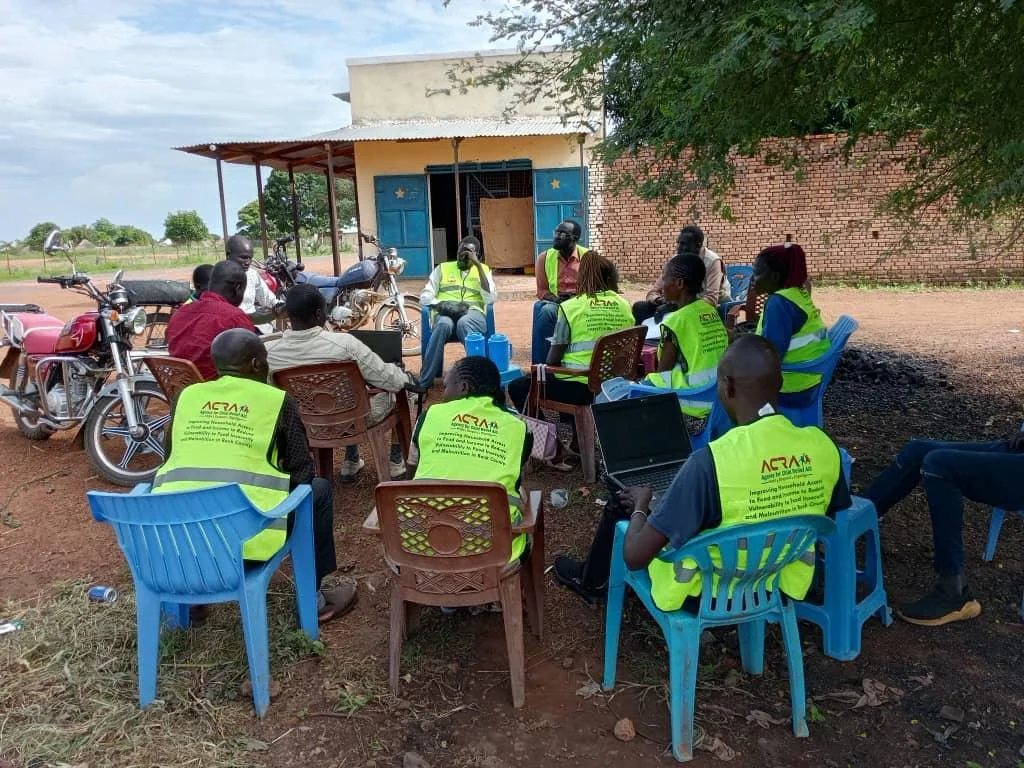

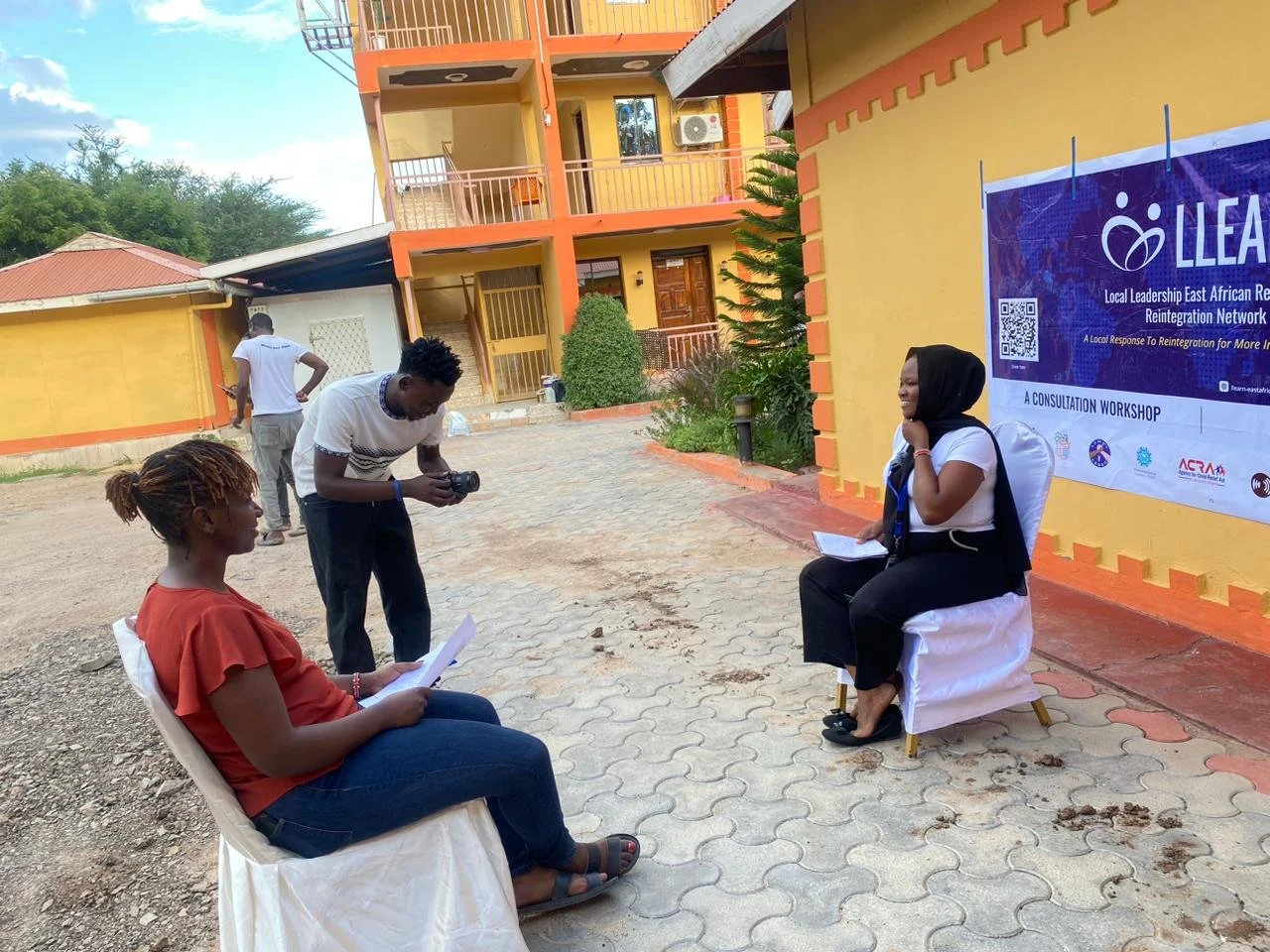
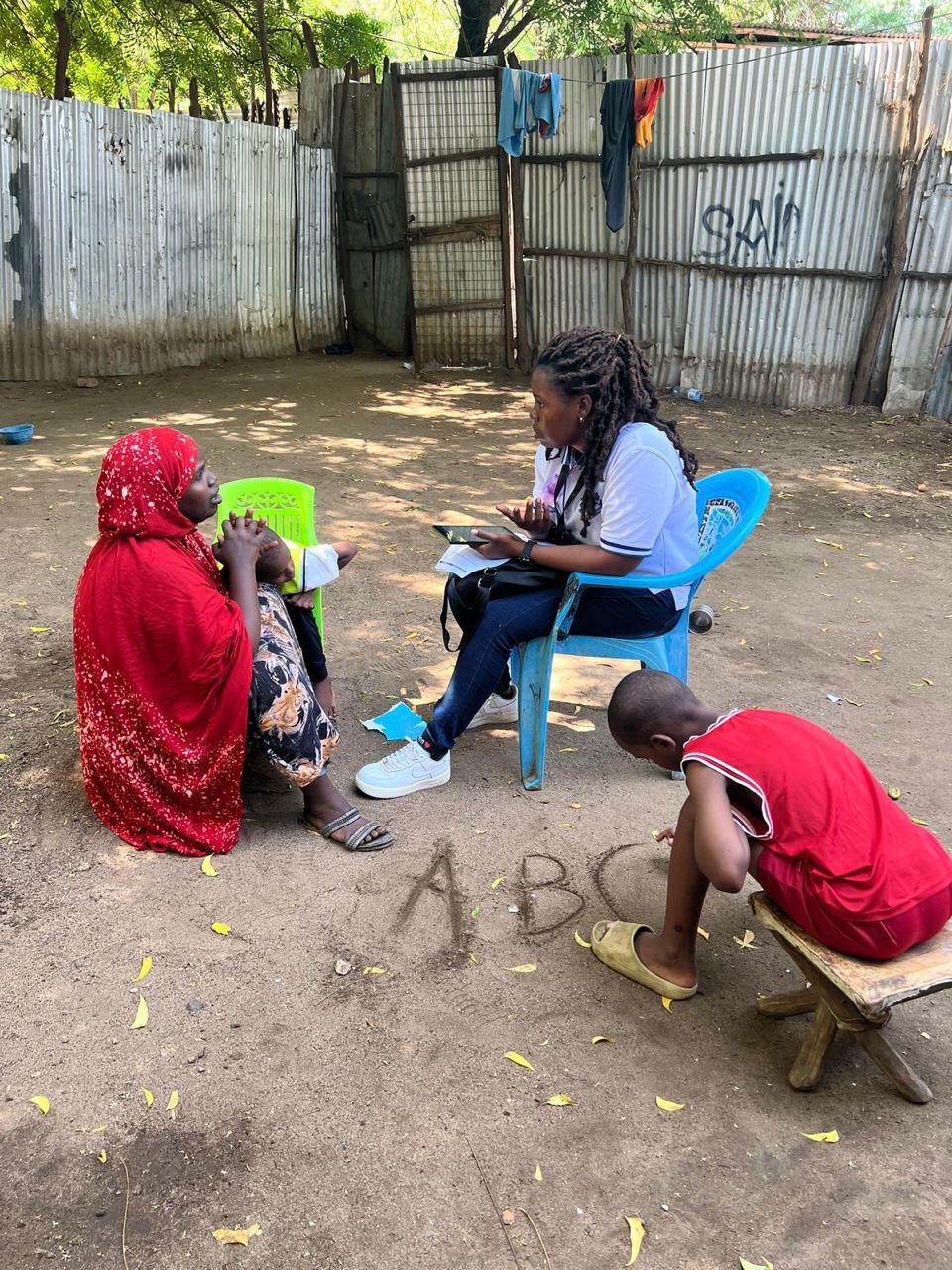
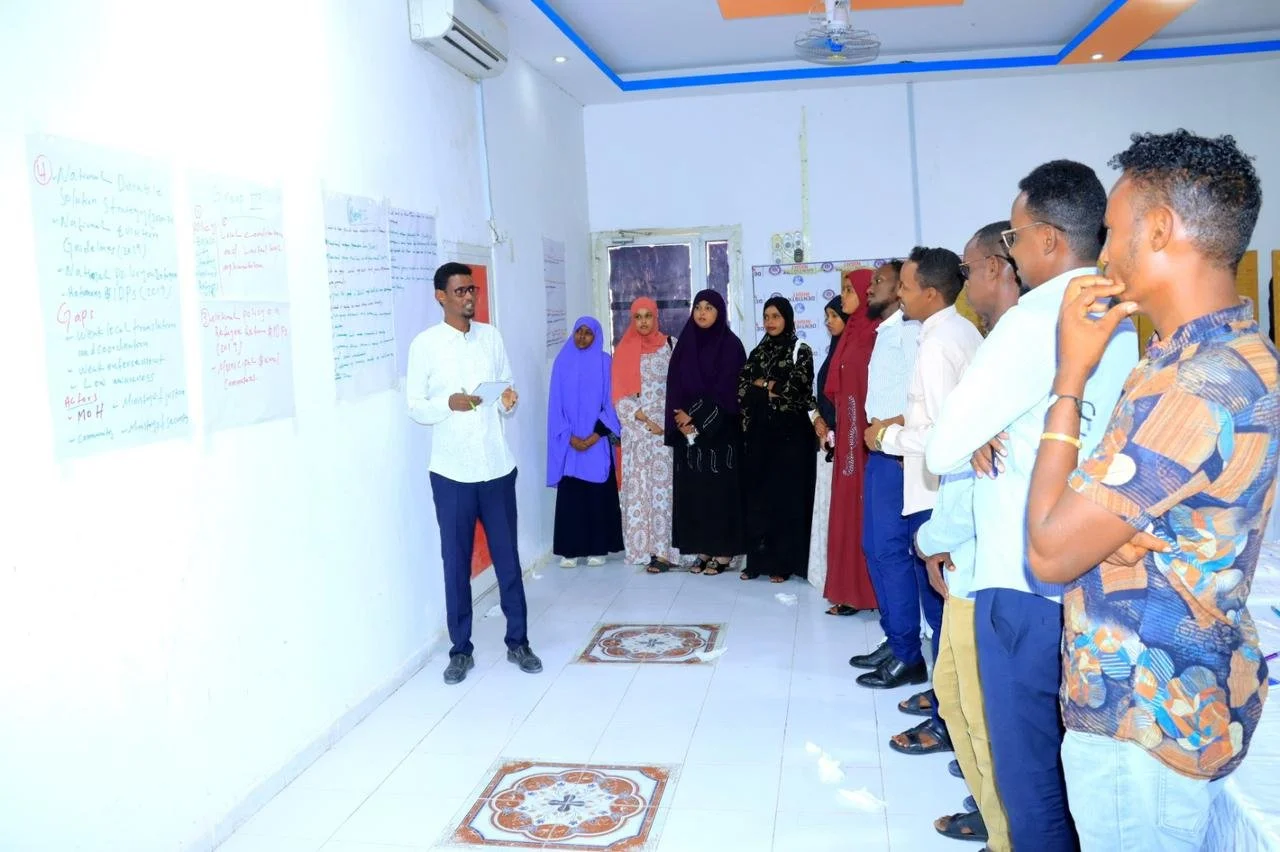
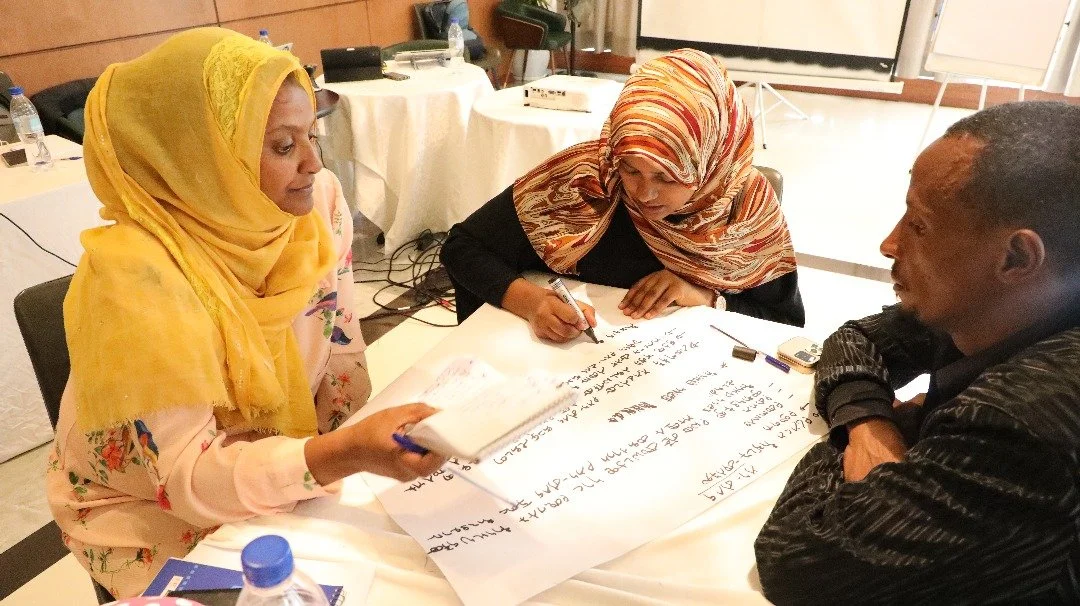
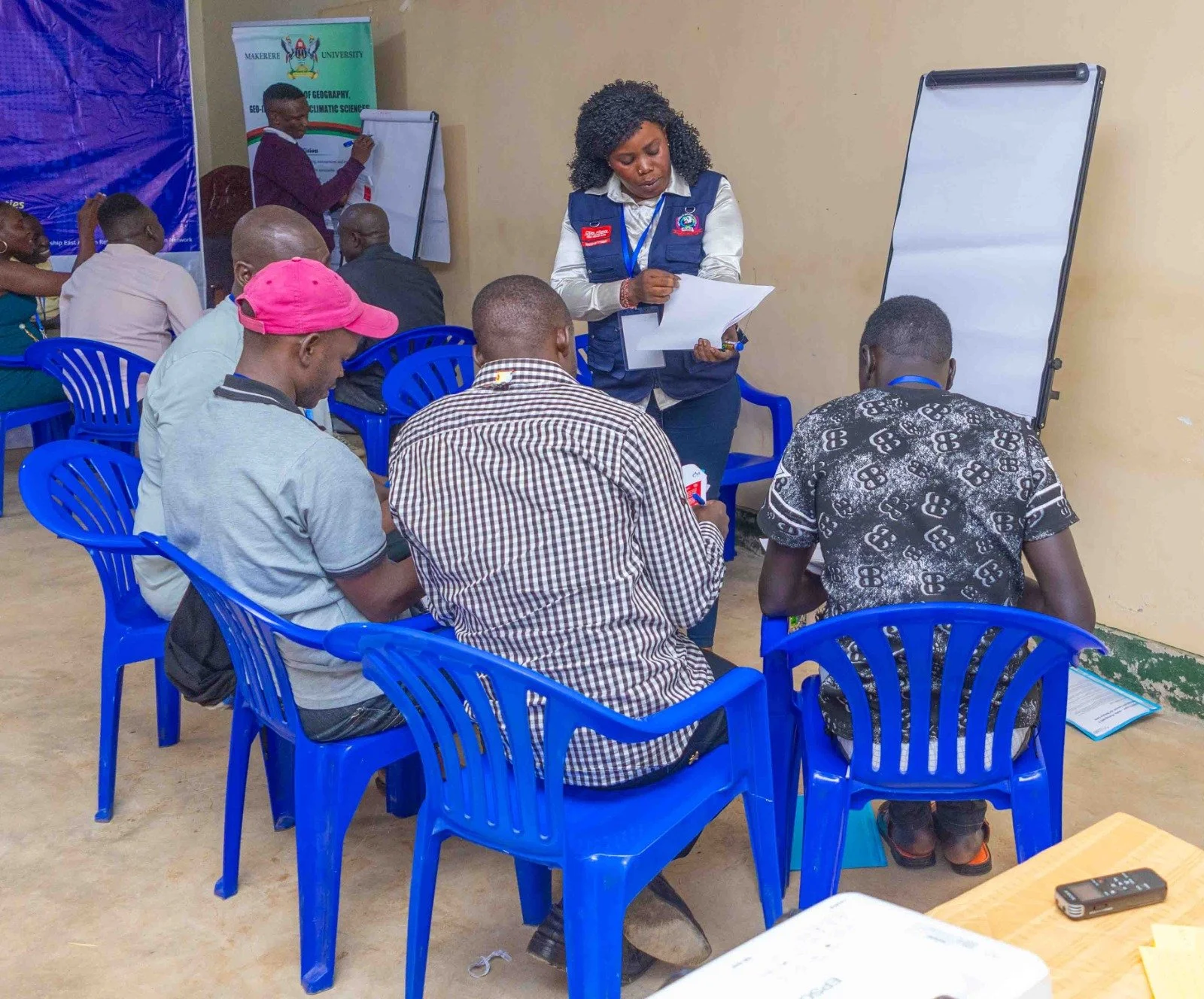
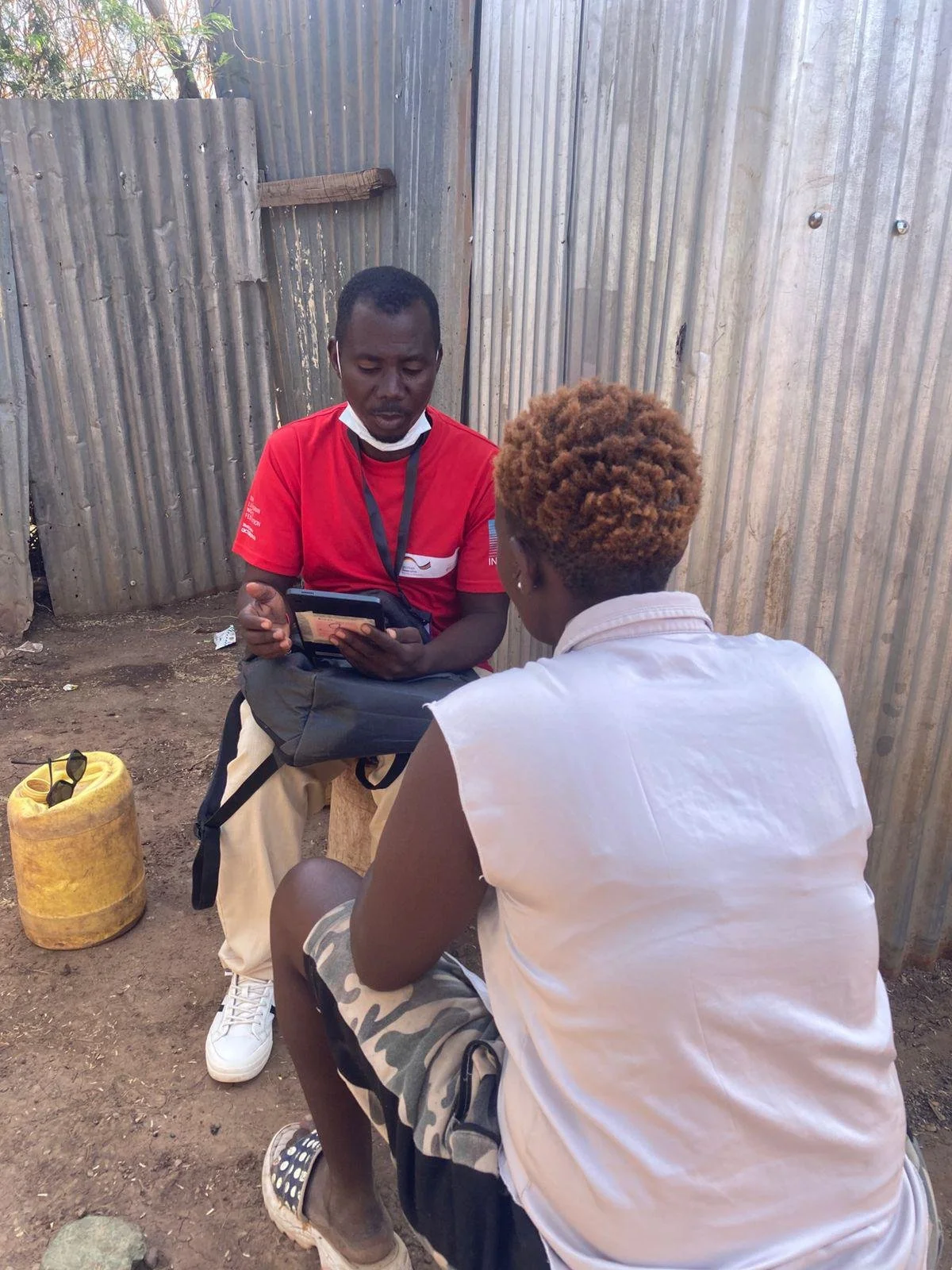

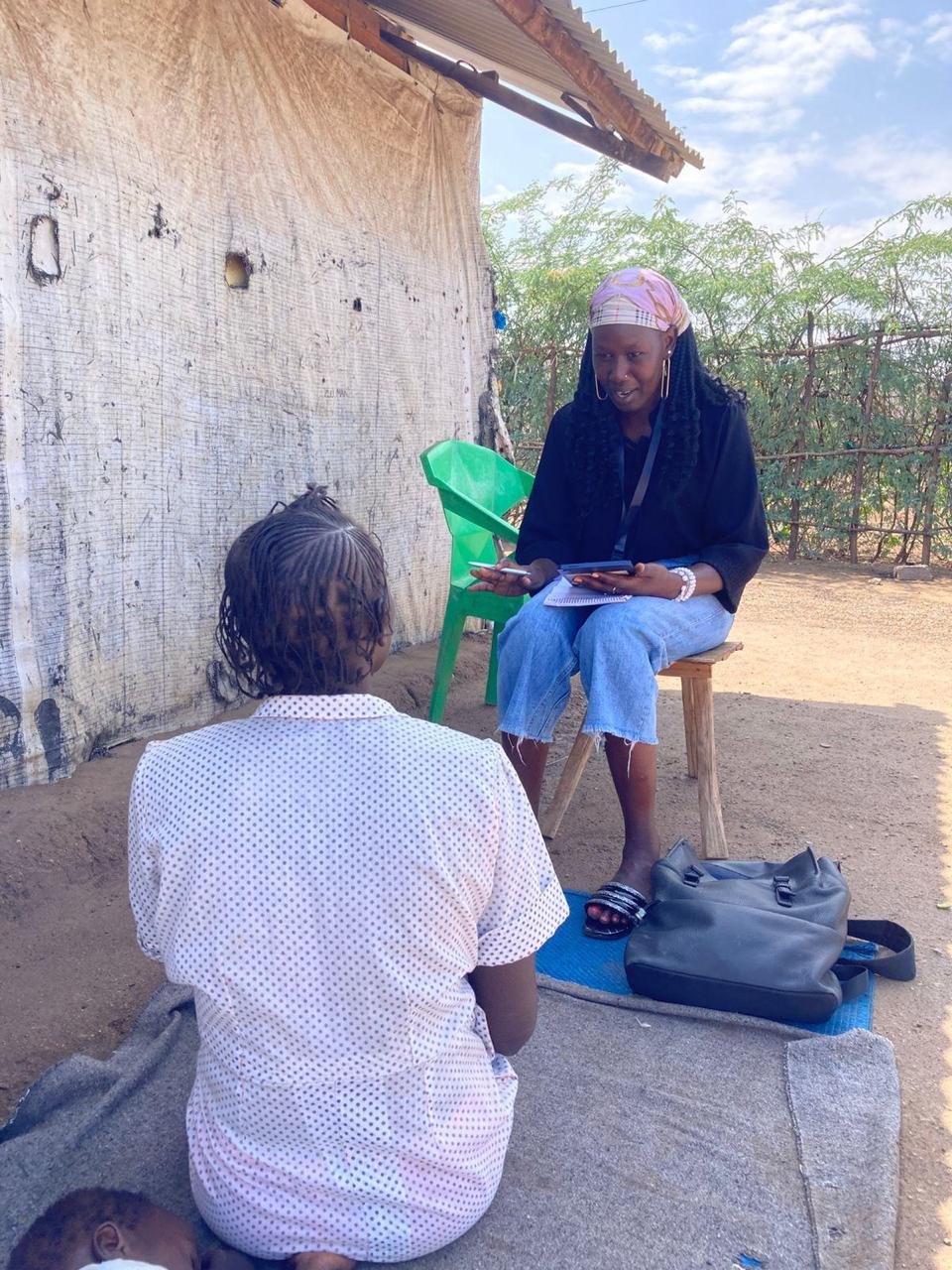
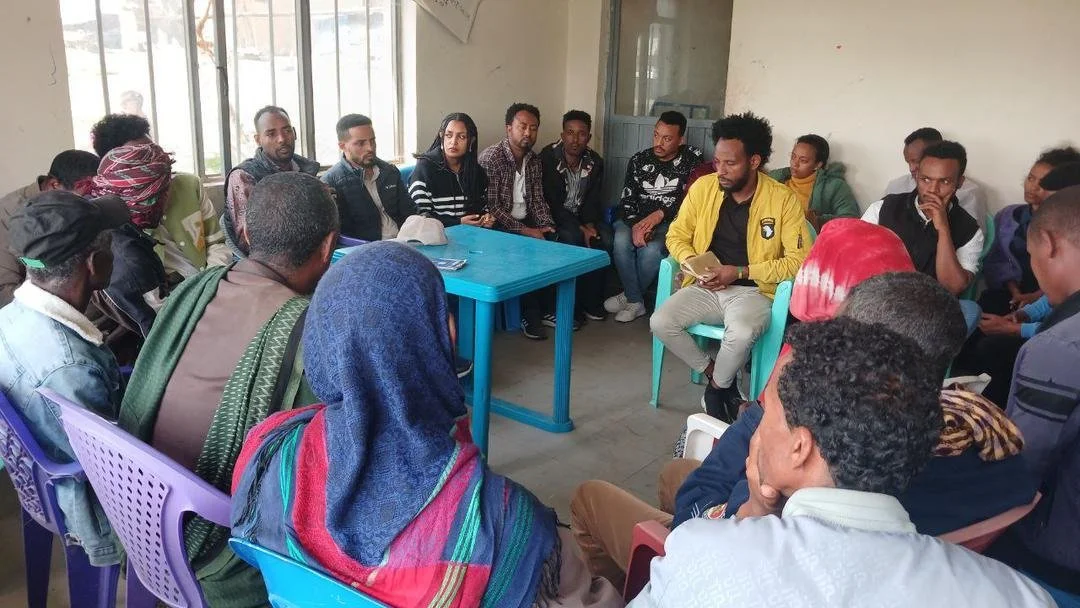
We don’t just collect data — we co-create solutions.
-

1. Locally Led, Context-Driven Research
We believe that those closest to the issue are closest to the solution. That’s why our fieldwork is driven by local and city-based partners across Kenya, Somalia, South Sudan, Ethiopia, and Uganda — partners who bring trust, lived knowledge, and strategic insight. From enumerator training to forum facilitation, implementation is locally owned and supported by Samuel Hall’s technical team.
-
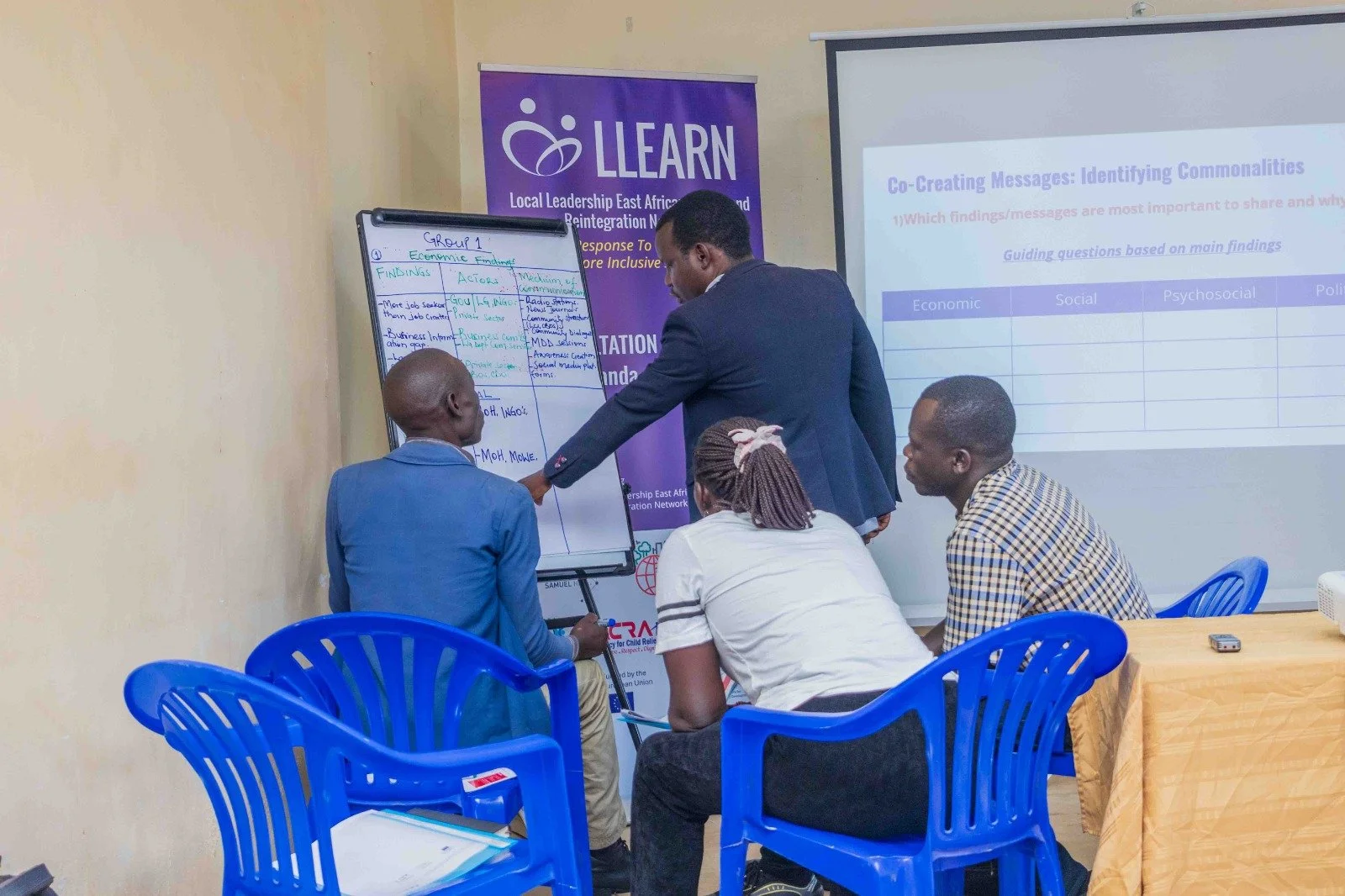
2. Mixed-Methods Approach
We combine qualitative and quantitative tools to understand the lived experiences of returnees, refugees, IDPs, and host communities in five urban contexts.
Our tools include:
Key Informant Interviews (KIIs) with policy-makers, service providers, and community leaders
Semi-Structured Interviews (SSIs) with displaced individuals, returnees and refugees
Representative Household Surveys using spatial sampling and community walks
Policy and Stakeholder Mapping to unpack systems, mandates, and gaps
-

3. Participatory Co-Production
Research is just the beginning. Our findings are translated into action through:
Co-Creation Workshops with youth, civil society, and local communities
Participatory Forums that design city-level reintegration plans
Joint Analysis sessions to validate and contextualise findings
Our Foundations
Guiding Principles
All our work is grounded in four core principles:
Local Leadership: Implementation by local actors for long-term sustainability
Participation: From data collection to planning, we build together
Feminist & Decolonial Values: Research that shares authorship, centres marginalised voices, and avoids extractive practices
Evidence to Action: Findings feed directly into local policies, tools, and pilot projects.
Operational Excellence
We uphold the highest standards in ethics, safeguarding, and data quality. Our approach includes:
Trauma-informed and rights-based methods
Robust informed consent processes
Daily quality control and transcript verification
GDPR-compliant data protection protocols
Urban Systems Thinking
We focus on secondary cities — those often overlooked but vital to managing displacement. Our methodology recognises the complexity of these urban systems, accounting for:
Governance structures
Climate and economic shocks
Spatial inequalities and access gaps

